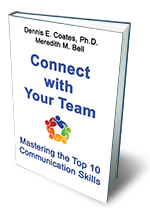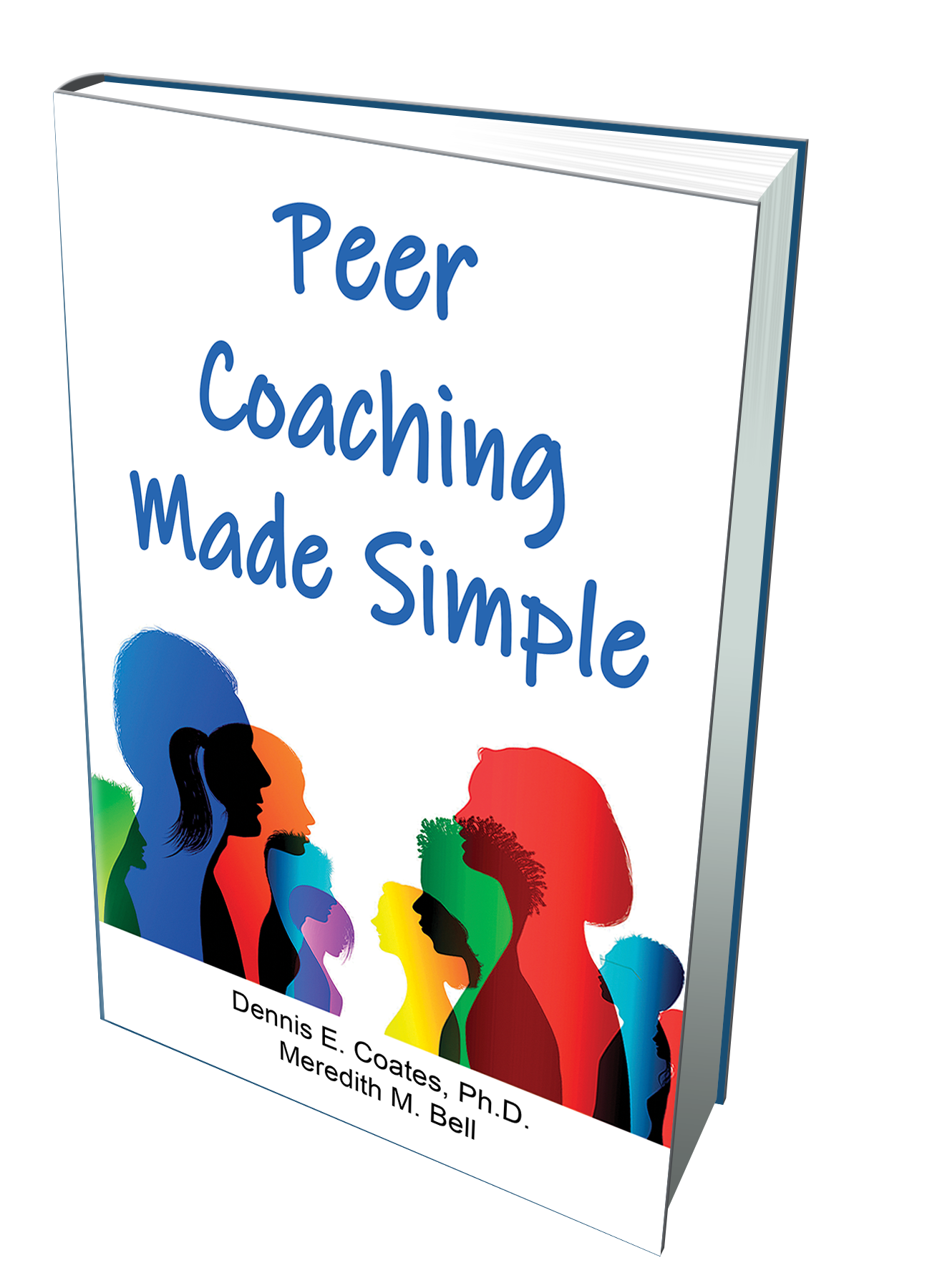
244: How to Create an Inclusive Work Environment
244: How to Create an Inclusive Work Environment
If you were dealing with personal challenges, such as a special needs child or being caretaker of an aging parent, would you feel comfortable sharing them with your boss? Andrea Grant had both situations, and her answer was a resounding NO. In this conversation, you’ll find out why and how her life experiences led to the work she’s doing today.
Andrea leads the growth and expansion efforts for the Human Capital division of FutureSense. She partners with organizations to design and execute critical business and HR programs that identify and leverage talent within underrepresented groups.
Andrea is also a devoted special needs parent and was the caregiver to her disabled veteran father. Giving back to others is at the core of her being.
You’ll discover:
- Why Andrea didn’t share with anyone in her workplace the personal challenges she was going through
- What leaders can do to encourage someone to open up about difficult situations they may be dealing with in their personal lives
- 5 areas that FutureSense’s Inclusion Services can add value to clients
- Specific, practical actions organizations can take to implement DEIB practices
- The practical reasons why organizations should care about DEIB






